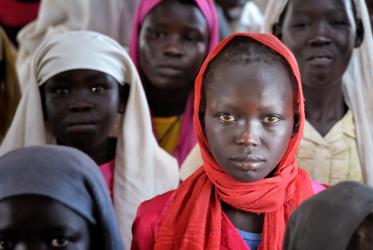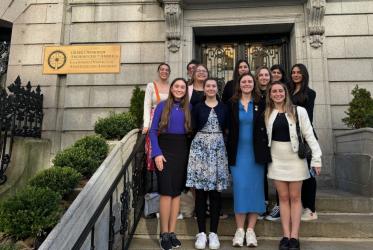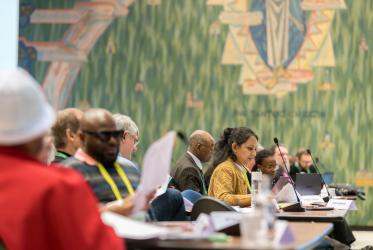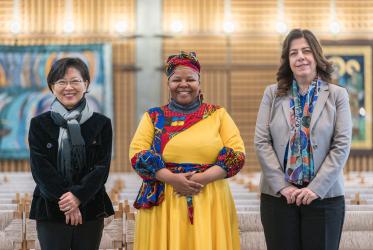Displaying 1 - 20 of 1678
“Faith Perspectives on Reparations, Sustainable Development, and Economic Justice”
15 April 2024
Ecumenical Centre, 150 Route de Ferney, Geneva and online
New WCC appointments reflect strong global fellowship
10 April 2024
Tres comisiones del CMI eligen vicemoderadoras
14 March 2024
Trois commissions du COE élisent leur vice-présidente
14 March 2024








